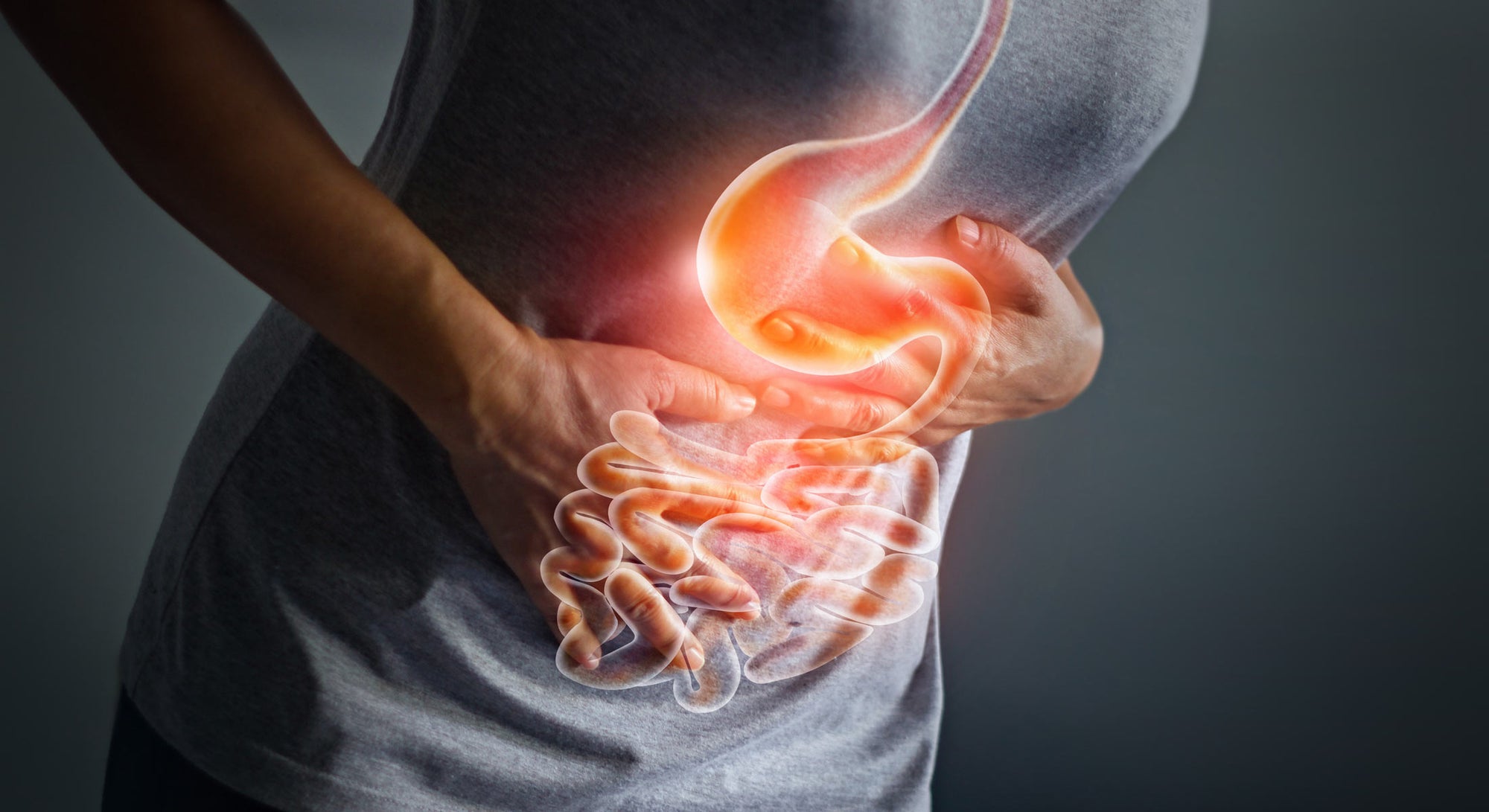The human intestine contains nearly 100 trillion bacteria that are important for health. These microorganisms contribute to our metabolism by breaking down complex sugars that are part of our diet and are critical to the proper development of the immune system. Recent studies have shown that these bacteria, called microbiota, are also important for the function of our nervous system. Our brain affects our intestines, and our intestines affect our brain. In summary, the communication between the two organs is very important.
The intestinal microbiota is secreting certain substances that send information to the brain. Through this, the brain acts in accordance with the information received from the intestines. The brain tells the intestines how to regulate movements, how to protect itself, and what to absorb in. The bacteria in the intestines play an important role in all these processes.
In stressful situations, a number of substances released from our brain affect the bacteria in our stomach and intestines, causing nausea, diarrhea and pain. A healthy intestinal microbe can be effective in weight control by positively influencing the mechanisms of feeling of fullness in the brain. It is demonstrated that fiber-rich diet (prebiotic) affects the levels of certain hormones in the blood, creating a message of fullness in the brain. It was also observed that some probiotic supplements have antidepressant or relaxing effects, which is why they are called psychobiotics.

Nowadays, it is studied how intestinal microbial affects brain functions and perception. In fact, some of the effects of the common St. John’s wort herb used in mild depression were suggested to be due to the removal of some harmful bacteria in the digestive tract and fixing the microbiota. Another symptom supporting this situation is that anxiety and depression are observed in people with chronic digestive problems is more frequent.
In a nutshell, our intestines affect many functions from our immune system to our brains beyond digestion. It's important that we take good care of our gut. A gut friendly diet and, if necessary, supports need to be taken for the regulation of microbiota.REFERENCES
- Ajit Kumar Thakur, Anshul Shakya, Gulam Mohammed Husain, Mila Emerald and Vikas Kumar. Gut-Microbiota and Mental Health: Current and Future Perspectives. J Pharmacol Clin Toxicol. 2014; pp.1-15.
- Jane A. Foster and Karen-Anne McVey Neufel. Gut brain axis: how the microbiome influences anxiety and depression. Trends in Neuroscience. 2013; 36(5): 305-12
- Marilia Carabotti, Annunziata Scirocco, Maria Antonietta Maselli, Carola Severi. The gut-brain axis: interactions between enteric microbiota, central and enteric nervous systems. Annals of Gastroenterol 2015; 28: 1-7

